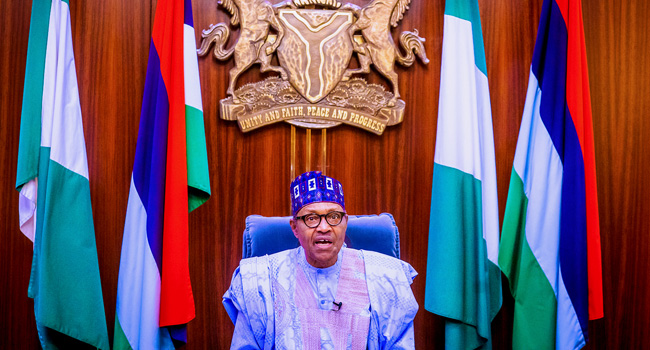INVESTIGATION: How NASS Bottlenecks Create Dilapidated Public Schools In FCT
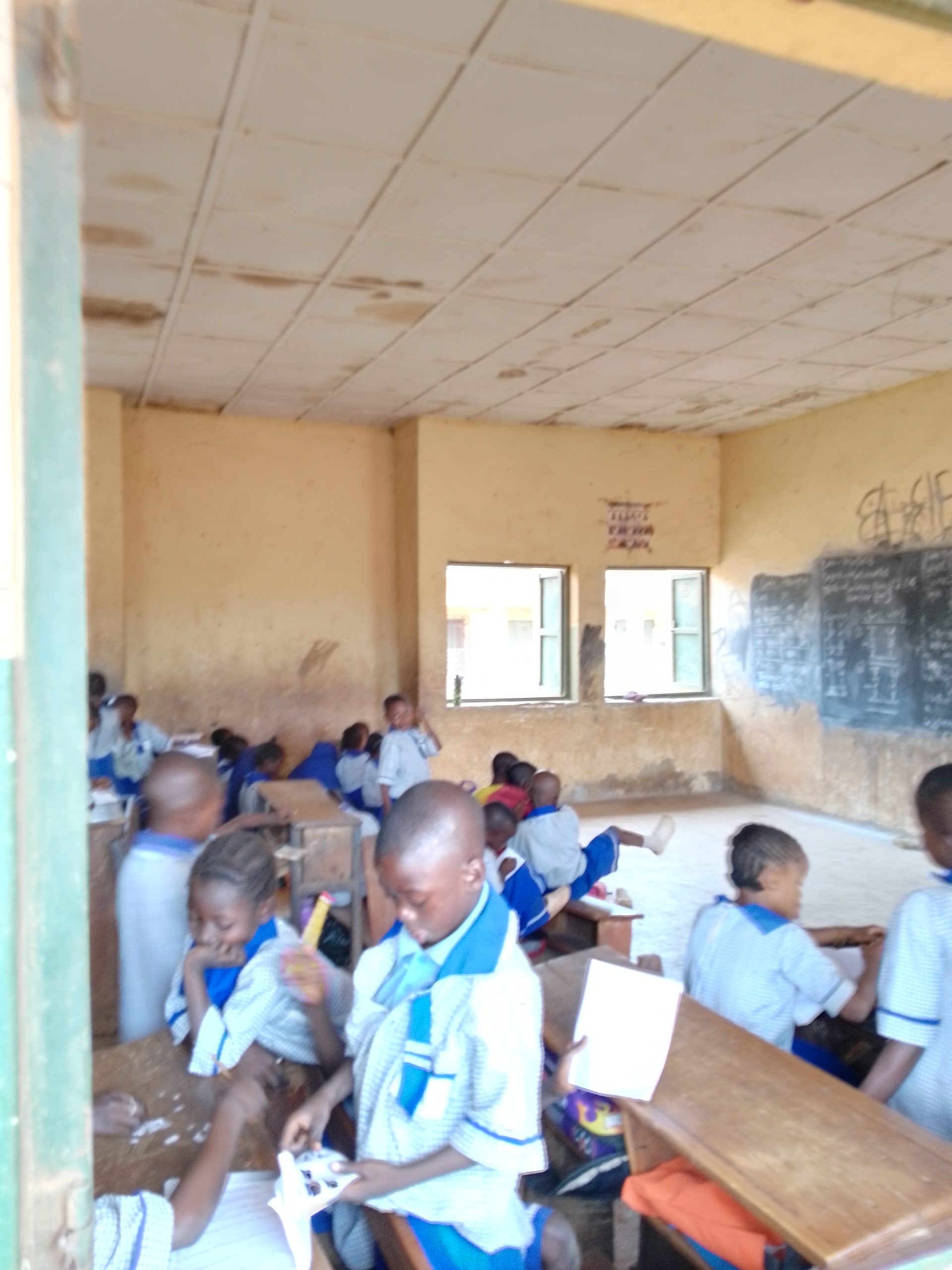
In the 80s, government schools in the country were the epitome of excellence. Students travelled far and wide, trans crossing the country to acquire knowledge from these exquisite schools. They were the pacesetters both in quality of education and infrastructure.
However, they have continued to experience a steady decline since the third republic. Government-owned schools in Nigeria have become synonymous with dilapidation, unkempt, unfit, and unconducive for learning.
In this investigation, our Education Correspondent, Alice Etuka went round some public schools in the Federal Capital Territory (FCT) with the aim of unraveling the mystery behind the quagmire that had befallen government-owned schools, especially those in the Nation’s capital perceived to be models to those in other states of the federation.
Education Against All Odds
On a visit to LEA Jikwoyi, one is greeted by a sorry sight. The two blocks of classrooms facing the school gate looked like what was about to collapse,
with pupils sandwiched into available seats while others sat on the floor to copy notes from the tattered blackboard.
Speaking with our correspondent, a teacher, Ms. Titilayo Umar (not real name) who had spent 13 years in the school said the last set of seats provided by the government was in 2017, then in 2018, 2019 two blocks of classes were renovated.
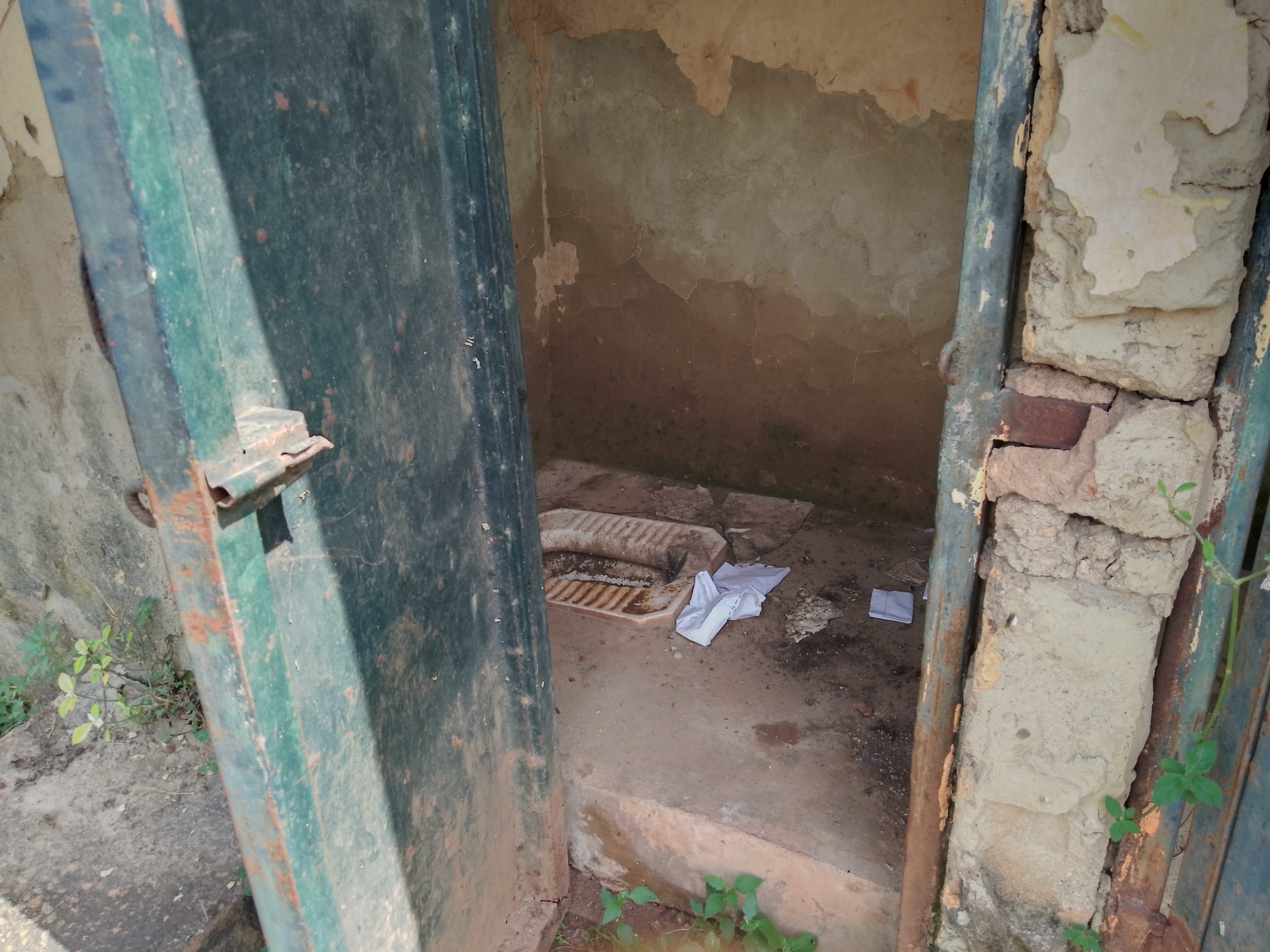
Pointing at another block of classrooms, she said, “these blocks were rotten at that time, the zincs fell so the government brought wood and fixed the ceiling. The walls and blackboard were rotten but they left them like that.
“These (pointing to some tattered blocks of classrooms) were like that when they came but they (the government) did not repair it.
“We go for a workshop in the LEA at Wuse Zone 2, theirs is not like this, the school is very clean even inside the classes are very sound and conducive for learning but not like here”.
When asked how they cope with leaky roofs on rainy days, she informed that the pupils would be packed into a safer class and that was the end of lessons for that day.
Speaking on the densely overpopulated classrooms, she said if a child wants to learn, they will learn but one can get a lesson teacher for the child.
“Chairs were brought for the children by the government only once in the last administration, it was even our head teacher that gathered all the broken chairs and fix them from the PTA levy pupils pay. That’s why you see that some of the children have seats, if not, last term, and last year, if you came, you will see the children sitting on the floor”.
Ajifa (not real name), a dissatisfied pupil of LEA Jikwoyi complained that the blackboard in her class was in bad shape, making it difficult for her to see what her teacher wrote.
The Pupil further said, she felt bad that some of her classmates sat and wrote on the floor, she explained that there were no permanent seats, those who came early sat on the available chairs while others who weren’t early enough made themselves comfortable on the floor throughout that day.
She, therefore, pleaded with the government to help fix hers and other classes so they could learn in a conducive environment and perform better in their academics.
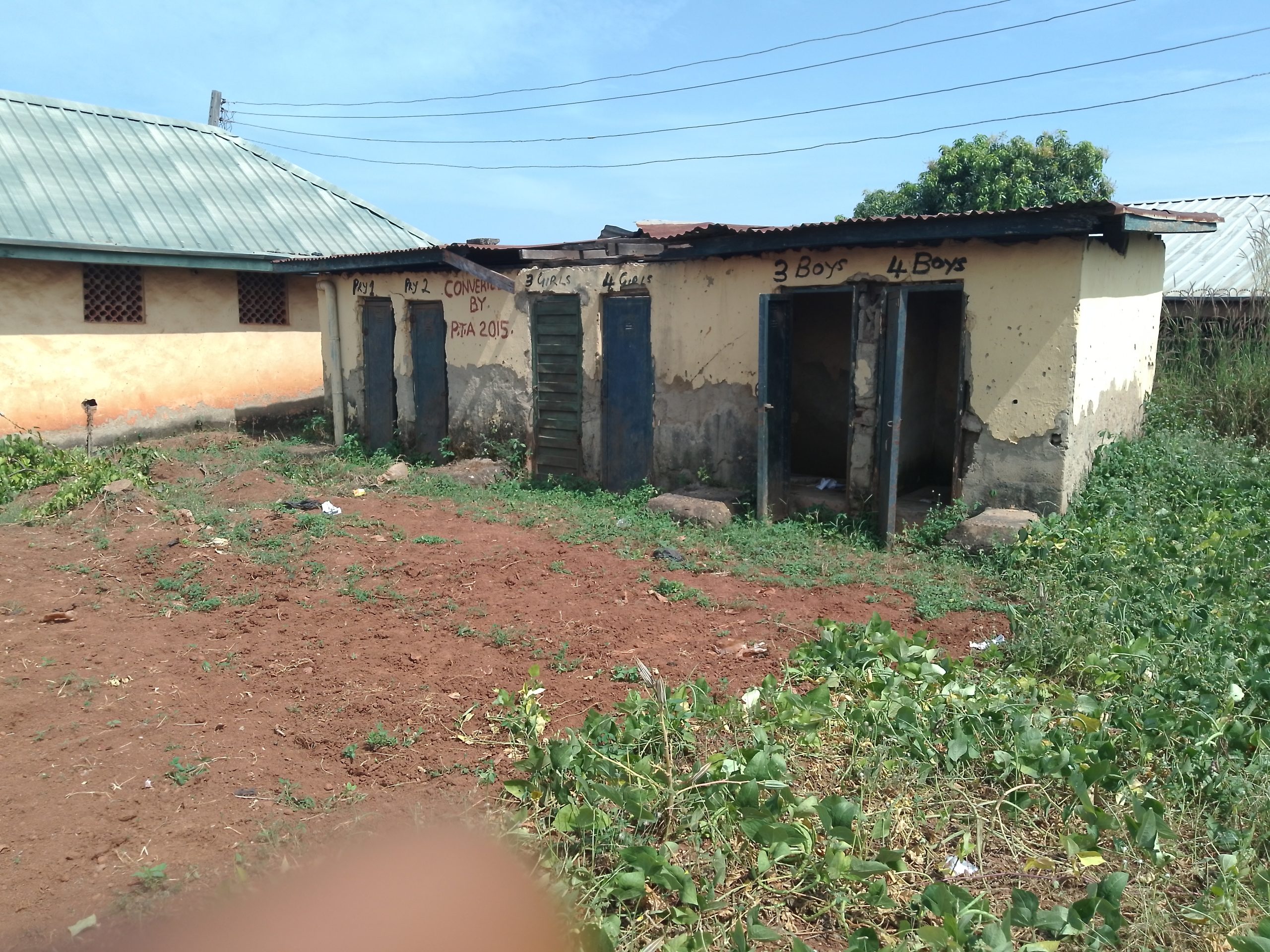
A visit to Ajifa’s classroom corroborated her story, cracked blackboard, inadequate seats, dirty walls, inexistent ceiling, exposing the pupils to heat from the zinc roof and making them too distracted to pay attention to lessons during the afternoons.
The toilets were another eyesore, while that of the staff was well kept and locked up, those of the young scholars were horrible, to say the least.
Children could be seen urinating a little distance from the toilets as they were obviously scared of the unforeseen in the dirty, dilapidated toilets surrounded by thick bushes.
“My child attends this school too, before leaving home, I make sure she uses the toilet so she doesn’t use the school’s own. It’s terrible and unhealthy for children. The toilets need to be demolished and rebuilt!”, Ms Umar queried.
The Headteacher, Mrs Rahama Tukur (not her real name) who was obviously uncomfortable speaking with the press said the government was doing its best as there were so many schools for them to manage.
“To be sincere, they come around every term, you know the schools are many. Last term, they snapped all the spoilt buildings, they entered the classrooms, some children were sitting on the floor, they snapped them and the classes but we don’t know when they will come and work.
“But we know that every term, they come to check the structures of the school, and also ask us our challenges, we tell them verbally and also write them down and give them.
“Since I came here, they have not done anything but they keep telling us that they’ll come by the grace of God. You know there are many schools. Our school is even better than others”, Mrs Tukur stated.
When asked why the schools in the city centers weren’t suffering the same fate as those in satellite towns, she replied, “these are village schools, you cannot compare them.
“They are trying, even to go round, monitoring all the schools in the FCT is something”, she added.
Inadequate Security Leading To Vandalisation Of School Facilities
Moving to LEA Orozo, the story was no different, from the school fence and gate one could read the message; neglect and despair. Though a number of them had good painting outside, the classes were the same, insufficient seats, broken, absent doors and windows, torn ceilings, etc.
In a conversation with the Head Teacher, Ms. Maryam Abubakar, she narrated their plight and hoped things turned around for the better:
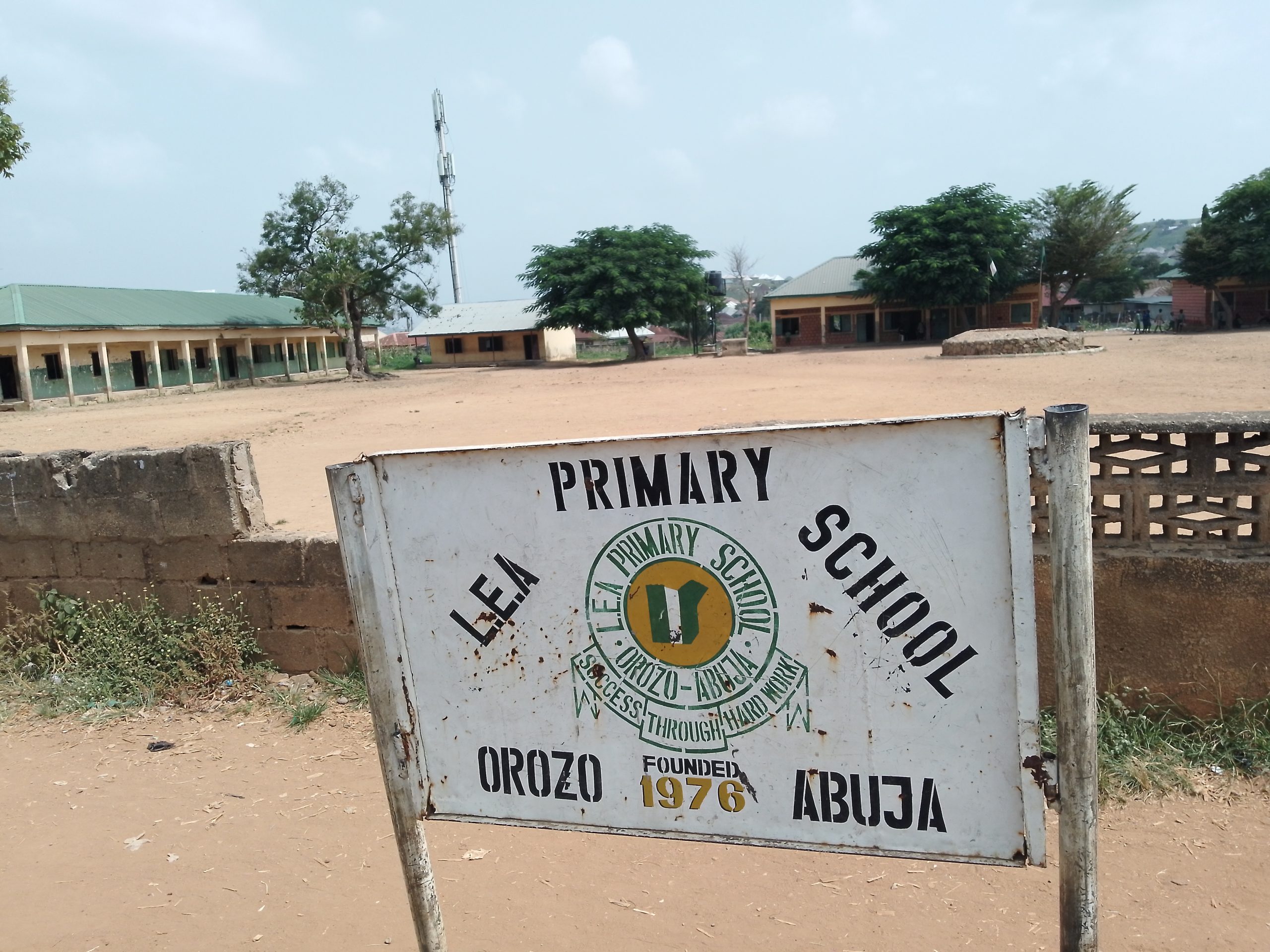
“We have a lot of challenges, we are using PTA to solve our small problems, not inclusive of renovation. First of all, if you look at our gate, it shouldn’t be so, for security purposes, these are small children. Because of the broken fence and gates, miscreants have stolen all the chairs and ceilings from our nursery classes, they come to pack them in the night”.
Ms. Abubakar further informed that most of their classes had no doors and windows due to the activities of these burglars.
According to her, “supervisors come every day asking us to bring our challenges, even yesterday they were here and we keep on submitting, sometimes they’ll ask us to apply, we’ll write but you know how it is, there’s been no response, we are still expecting them.
“When I talk about our gate, heads of other schools tell me to thank God we have a fence, they don’t even have fences talk more of gates.
“When you call parents, they’ll say they’ll assist but don’t. In some of our classes now, there are no chairs and desks for children, no chairs and tables for teachers, that’s how we are managing.
“Some children sit on the floor while others squeeze into the available seats, four children now sit on the chairs meant for two. We have a lot of needs in this school”, she said.
The Headteacher also complained about the toilets, she informed that they had managed to repair only one for the large population of children but there was no challenge with that of the teachers.
She also disclosed that, in 2021, “they (government) brought 30 tables and chairs, that’s all we’ve received in the three years I started working here.
“Every day, supervisors from the Government come and take pictures of the school, even during holidays, they ask us to write, apply, take photos, and send, yet nothing. We are still expecting”.
On how the teachers and pupils were coping with the overpopulation and infrastructural decay, she replied, “Everybody is managing here, there’s nothing we can do about it. You have to come to school and teach the children”.
Also, A teacher Ms Doofan Waji who had spent over ten years in the school said, she couldn’t remember any time the Government made any infrastructural intervention in the school.
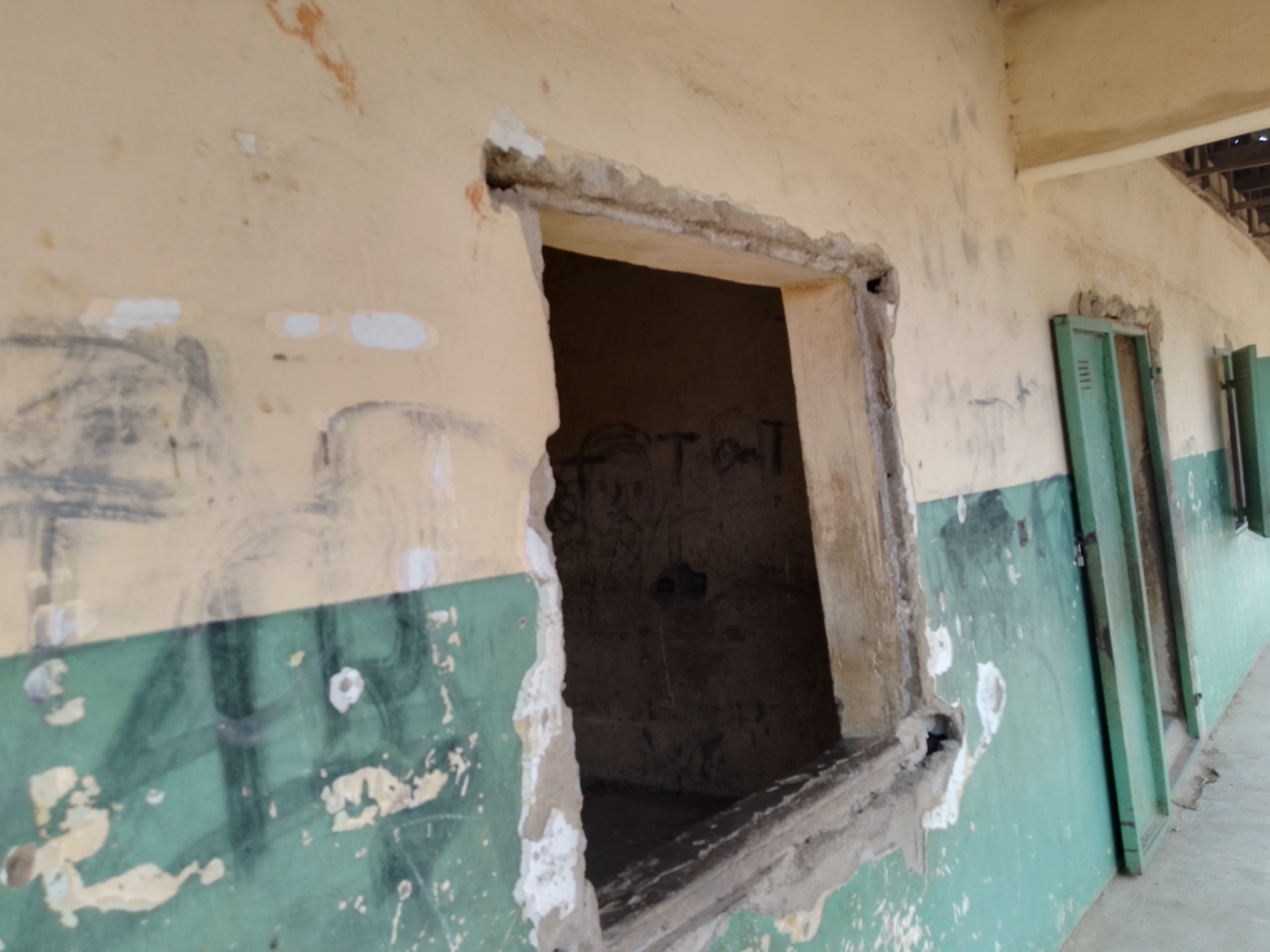
Government Schools in Kurudu, Karshi, and Okponokpo told the same tales; densely populated classrooms, damaged roofs, ceilings, walls, floors, blackboards, and so on.
Unfavorable Laws Impede Government Intervention
The Universal Basic Education (UBE) Act 2004 made provision for basic education comprising Early Childhood Care and Education (ECCE), Primary and Junior Secondary Education. The financing of basic education is the responsibility of States and Local Governments.
However, the Federal Government decided to intervene in the provision of basic education with 2% of its Consolidated Revenue Fund. For states to fully benefit from this Fund, criteria were established to which states are to comply.
The Act also provides for the establishment of the Universal Basic Education Commission (UBEC) to co-ordinate the implementation of the programme at the states and local government through the State Universal Basic Education Board (SUBEB) of each state and the Local Government Education Authorities (LGEAs).
As of March 2017, a total of N344,762,101,443.99 was available for all 36 States and the FCT to Access at an equal amount of N9,282,421,660.95 each between 2005-2016. This amount is not evenly distributed across the years.
As of March 2017, only N285,017,378,508.89 had been accessed by some states between 2005 and 2016. While the sum of N59,744,722,935.10 remained un-accessed by the States
According to UBEC, the UBE Intervention Fund disbursement to States and FCT cover three components of the UBE programme. These are the Matching Grant, Special Needs Education, and Teacher Professional Development.
The Matching Grant, which is allocated 50% of the Federal Government of Nigeria (FGN) UBE Intervention Fund is a conditional fund requiring States and FCT to contribute their 50% counterpart fund. It is dedicated to providing and improving school physical infrastructure, such as building schools, renovation of schools, provision of classrooms, toilets, furniture, equipment, etc.
A total of N609,172,742,148.70 was disbursed to States and FCT under this component between 2005 and 2022.
In response, the Head of Projects, Education Secretariat of the Federal Capital Territory Administration (FCTA), QS Yahaya M. Sani disclosed that, they on their part went for routine inspection but their hands were tied owing to the unfavorable laws of the Legislature.
He explained that, in previous years, the FCT always paid their counterpart funding promptly and had their schools in good shape ahead of other states but things nosedived since the introduction of the Treasury Single Account (TSA).
The Internally Generated Revenue were no longer used by the FCT but remitted to the Federation account and therefore they could not independently fund their projects but apply and make do with whatever they were given.
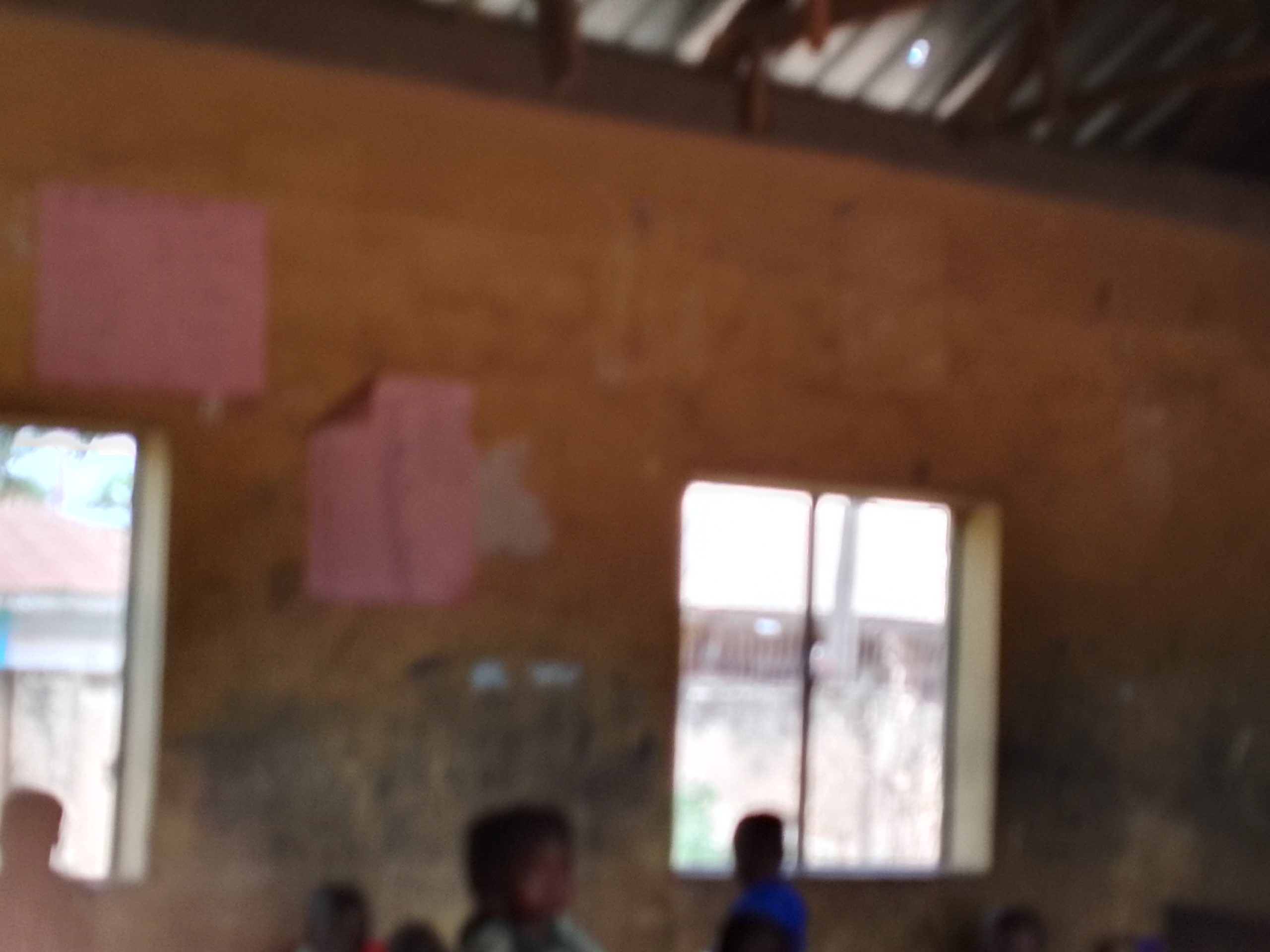
He explained the processes involved and the limiting factors posing a challenge:
“In every department, we have school services, it’s a department that moves to every school collecting information of needs, Toilets, Classrooms, Teachers. They compile them and report to us.
“With what we were seeing and hearing,
In 2020, we held a meeting. We sat down to ask how we could help these schools since we are the secretariat, we are the ones in charge. They had complaints and so many challenges beyond them.
“We picked just three agencies
UBEBoard, Senior Secondary Education Board, Department of Science and Technical Education to submit the worst schools that need intervention, so they submitted 100 schools and we titled the project, ‘100 schools in 100 days’.
“After briefing the former Minister of the FCT, they agreed that the schools take a long vacation of three months to repair those selected by the stakeholders”.
Unfortunately, the funds appropriated by the government were not sufficient enough to fix all the 100 schools and 39 were selected based on the severity of their needs:
“We demanded N36billion out of N28billion of our budget only N10billion was approved, we then called the stakeholders to ask what was their priority, they know the schools with serious demand. We can not do it ourselves because they are the managers of the school and they know better. They made the selection”.
He admitted that the challenges were beyond the government, “government can not be able to fund all the projects, because there are serious challenges. If you came here before, it is like a marketplace, it was the contractors’ hub but they don’t come here anymore.
“Contractor will work for 5 years and see no return. They will work and apply for payment, no payment. That’s why we have so many abandoned projects, those that commenced cannot be completed then starting another one is difficult”, he said.
Reading through a list of approved projects to be worked on, he explained how the government cuts down their request, making it impossible to do substantial work:
“A project that we are going to spend 75million, it was 12million that was appropriated, a project of 28million, 10million was appropriated, a project of 45million, 30million was appropriated, a project of 38million, 20million was appropriated, that of 55million, 20million appropriated…
“This is a project of 450 million but 200 million was appropriated, so even if it’s awarded, there’s 200 million, a contractor cannot be able to execute the job and claim his own 200 million.
This is 2023, we are in November and this is a project that was supposed to commence in January 2023, there’s not even adequate funds for the procurement of materials. Even if there is, maybe it’ll be awarded in December and by the end of December, or Maybe they will take it to March 2024 be extended to march 2024 but the contractor will not be able to utilize the 200m and any amount that remains would be taken back to the Treasury and it will never come back.
“So the contractor, because the money was released late may only be able to access 100m or maybe 50m, then the money is no longer there.
Mr. Sani explained that the time between awarding of contracts and accessing the funds for its execution was too short for the contractor, but it is usually mopped up back into the TSA and the slashed down the next year because it is assumed that he did not need up to that amount for the project”.
“They will compile it and send it back to the National Assembly again and they will assume the money given was in excess, not minding the processes involved in accessing them, then slash it down to maybe N100 million next year. These have been the chain of problems we are facing.
“Initially, if this amount I have written is reserved, the contractor knows that 450 million is there, he would borrow and work tirelessly to execute the contract and collect his money. Now there is uncertainty.
“The Bottlenecks are caused by the National Assembly (NASS), you cannot challenge them and the right thing is not done, it is not good and nobody will challenge them, what they appropriated stands!
“There is a project here that has been awarded since 12 years ago but no work has been done there up till now. The National Assembly said it’s not captured in the budget, therefore there’s no provision for it in the budget, and anything not captured in the budget, there’s no payment”.
He, therefore, believes the FCT would perform better if they use their Internally Generated Revenue to fund their projects because the new method of remitting to the federation account had proven not to be beneficial.
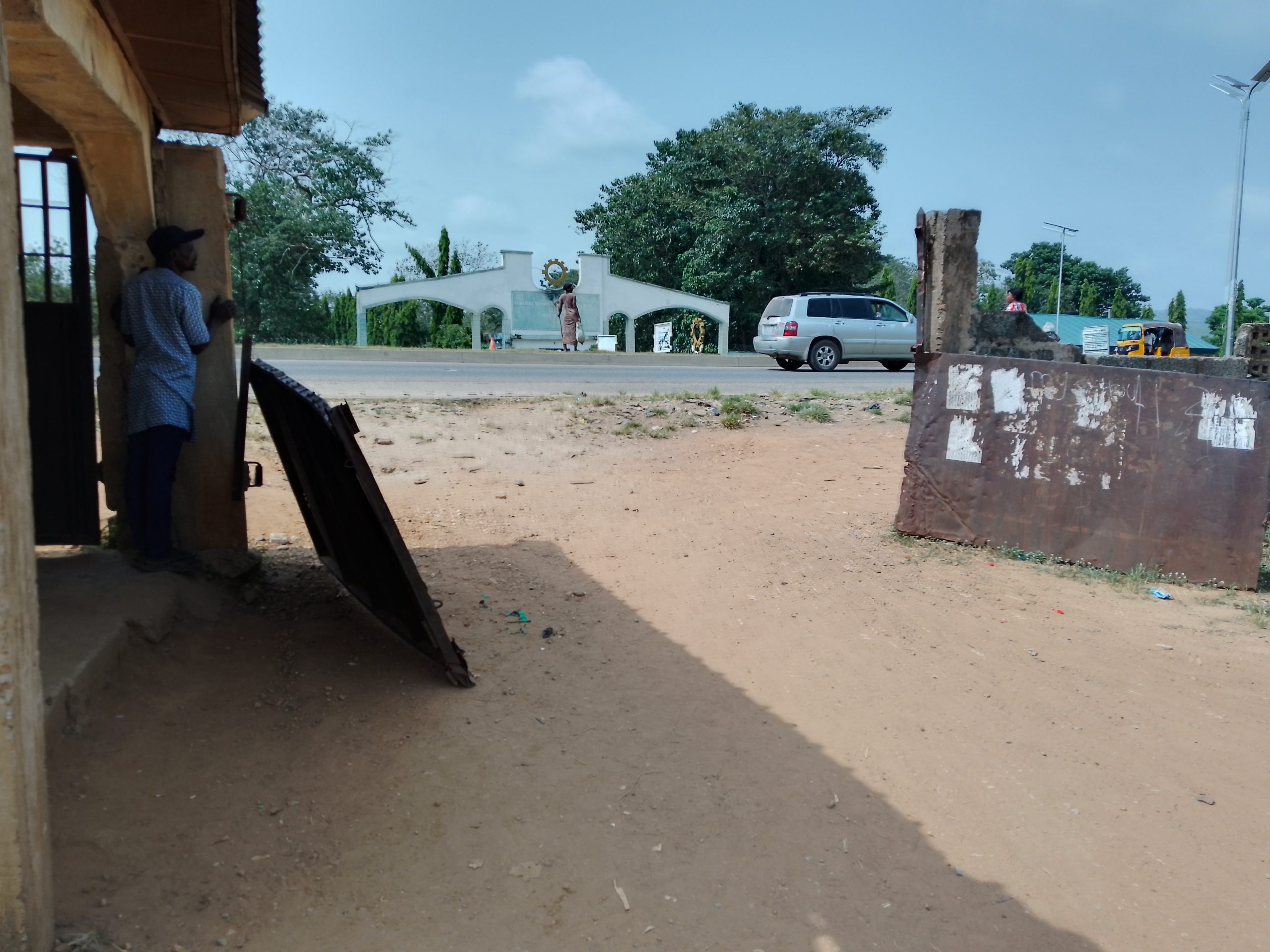
Even though he acknowledged that Non-Governmental Organisations and well-meaning individuals occasionally contribute to repairs of the school structures and donate other essentials to them, it was meagre compared to the huge demands.
He, therefore, solicited for communities to make it a point of duty in assisting the government to maintain schools in their communities as they were owners too.
This investigation is for the GENDER. THE AGENDA project of Gender Strategy Advancement International (GSAI) supported by the Wole Soyinka Center for Investigative Journalism (WSCIJ), and the MacArthur Foundation.



